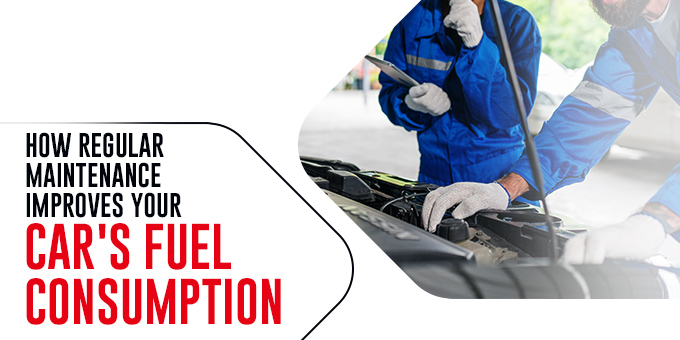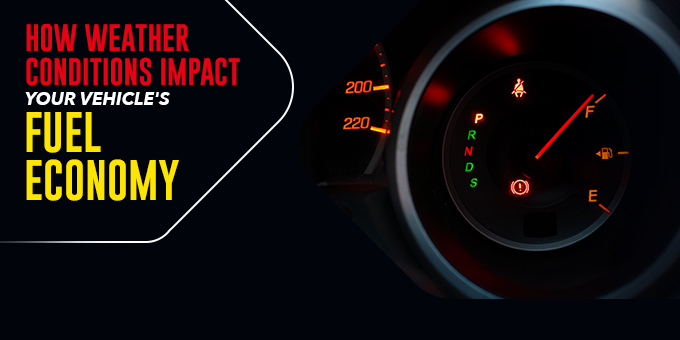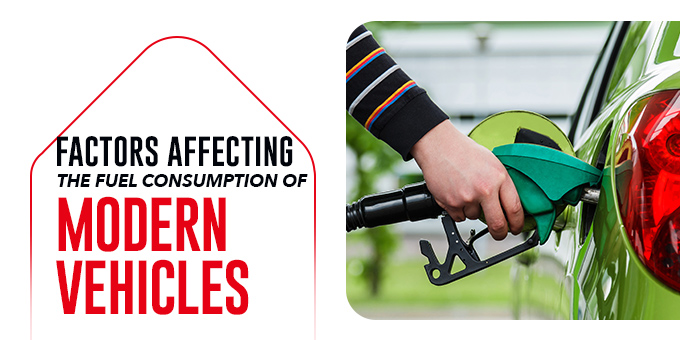Your car's fuel consumption depends heavily on how well it operates. When components such as the engine, transmission, and fuel system work efficiently, your vehicle burns less fuel. However, when these systems become sluggish or dirty, your engine must work harder. That increased effort leads to more fuel being used.
Routine car service ensures that all systems operate optimally. Every maintenance task, no matter how small, supports better fuel economy. The term "car maintenance fuel efficiency" reflects this strong connection. Regular oil changes, air filter replacements, and timely engine checks all contribute to maintaining lower fuel usage. For example, drivers of the Toyota 4Runner 2018 can maximize MPG and reduce long-term costs by staying consistent with scheduled maintenance.
Engine Health and Its Role in Mileage
The engine is the heart of your car. When it operates smoothly, your car burns fuel efficiently. Over time, oil inside the engine degrades. Old oil becomes thick and loses its lubricating qualities. As a result, the engine struggles to move freely, which means it consumes more fuel to function.
Changing the engine oil on schedule reduces friction within the engine. Clean oil allows parts to move effortlessly, which supports fuel efficiency. Alongside oil changes, inspecting spark plugs and fuel injectors also matters. Dirty or faulty spark plugs lead to incomplete combustion, causing more fuel to burn than necessary. Replacing these during regular service boosts your car’s mileage.
Air Filters and Oxygen Balance
Air filters play a key role in balancing oxygen and fuel within the combustion process. When filters get clogged with dust and debris, they restrict airflow. Limited airflow disrupts the fuel-air mixture, causing the engine to have lower fuel efficiency. That means more fuel is injected than needed, resulting in reduced mileage.
Replacing air filters at regular intervals ensures optimal airflow to the engine. This helps maintain the right balance for combustion, improving your vehicle’s performance and efficiency. Drivers aiming for vehicle upkeep for better mileage should never underestimate the power of clean air filters.
Tire Pressure and Rolling Resistance
Many drivers do not realize that tires significantly affect fuel consumption. Under-inflated tires create more rolling resistance, which forces the engine to work harder. Even a small drop in tire pressure can lower your fuel economy by several percent.
Checking tire pressure weekly helps avoid unnecessary fuel consumption. When tires are inflated to the manufacturer’s recommended level, the vehicle rolls more smoothly. This directly contributes to improved fuel efficiency. Furthermore, aligning and rotating tires at proper intervals also reduces drag and uneven wear. These small steps support long-term fuel savings.
Fuel System Maintenance for Optimal Performance
The fuel system is responsible for delivering fuel from the tank to the engine. Over time, fuel lines, injectors, and filters can accumulate dirt or debris. When clogged, these components restrict fuel flow or spray patterns, leading to poor combustion and increased fuel use.
Cleaning fuel injectors and replacing fuel filters as recommended enhances fuel atomization. This leads to more efficient combustion and better mileage. Keeping the fuel system clean ensures that your car uses fuel exactly as intended, improving overall performance and reducing emissions.
Transmission Checks and Efficiency
Transmission is another vital system that affects your fuel economy. If it fails to shift properly, the engine might run at higher revolutions per minute (RPM), consuming more fuel. Transmission fluid degrades with time and heat, affecting its ability to lubricate moving parts.
Regularly inspecting and replacing transmission fluid improves gear shifts and reduces engine strain. Whether your car uses an automatic or manual transmission, smooth gear changes reduce the energy required for acceleration. This results in lower fuel consumption.
The Role of Alignment and Suspension
Poor alignment or worn suspension parts force the engine to compensate for inefficiencies. If wheels are misaligned, your car drags slightly to one side, which increases resistance. The same applies to a suspension system that no longer absorbs shocks effectively.
Keeping your suspension and alignment in top condition makes sure the car moves effortlessly. When the car glides without extra strain, the engine doesn't overwork, which helps save fuel. Vehicle alignment checks are often overlooked, yet they form a key part of vehicle upkeep for better mileage.
Battery and Electrical Systems
You might not associate your car battery with fuel usage, but it has an indirect effect. When the battery or charging system underperforms, the alternator works harder. That extra workload increases the load on the engine, which uses more fuel to generate power.
By maintaining a healthy battery and ensuring all electrical systems are efficient, you reduce unnecessary drain on the engine. This helps optimize fuel economy in both city and highway driving.
Importance of Timely Car Services
Timely car servicing means checking, cleaning, or replacing vital components before they fail. When you delay maintenance, small problems evolve into major issues. These issues not only affect performance but also increase fuel consumption significantly.
Many drivers ask about the impact of car service fuel consumption, especially when noticing a drop in mileage. The answer is simple. Cars that miss scheduled services burn more fuel due to inefficiencies. You can prevent this by sticking to a service schedule based on your car’s manual and driving habits.
Driving Behavior and Maintenance Synergy
While driving style matters, maintenance complements your driving behavior. Even if you drive cautiously, a poorly maintained car will waste fuel. On the other hand, a well-maintained vehicle allows smoother acceleration and better throttle response, which supports efficient driving.
Together, regular maintenance and smart driving habits can yield excellent fuel efficiency. The synergy between how you drive and how you maintain your car forms the foundation of lasting fuel savings.
Long-Term Cost Benefits of Maintenance
When you improve fuel economy, you save money at the pump. Over a year, these savings add up. More importantly, you extend the lifespan of critical parts, reducing the need for costly repairs. Maintenance costs might seem like an expense, but in reality, they protect you from higher fuel bills and unexpected breakdowns.
Investing in car maintenance fuel efficiency measures is the smartest way to improve your car’s economic and environmental performance. In the long run, a well-maintained car rewards you with fewer problems, lower emissions, and consistent fuel savings.
Conclusion
Regular maintenance does far more than keep your car running. It directly impacts how efficiently your vehicle uses fuel. From tire pressure to engine health, every system contributes to better mileage. Understanding the impact of car service fuel consumption helps you make smarter decisions for your vehicle.
Drivers who prioritize vehicle upkeep for better mileage not only save money but also experience smoother, more reliable performance. By sticking to a routine maintenance schedule, you ensure that your car runs cleaner, lasts longer, and burns less fuel.
Fuel efficiency isn't just about new technologies or hybrid engines. It begins with the simple, consistent habit of taking care of your car.




